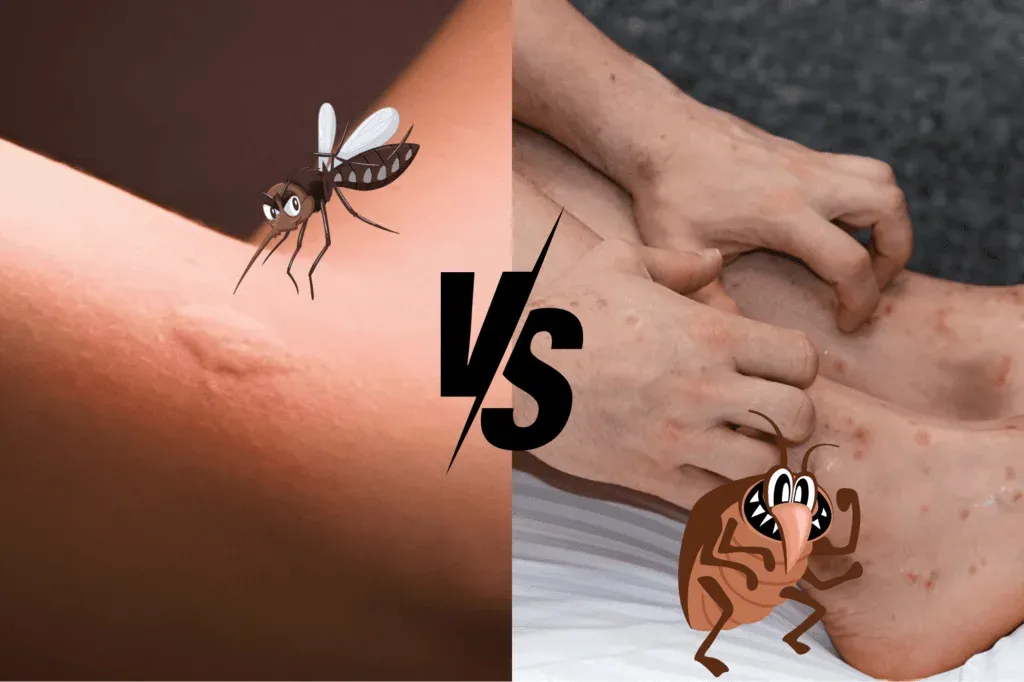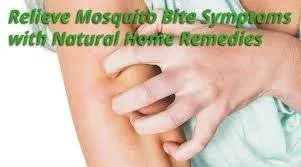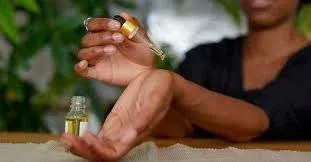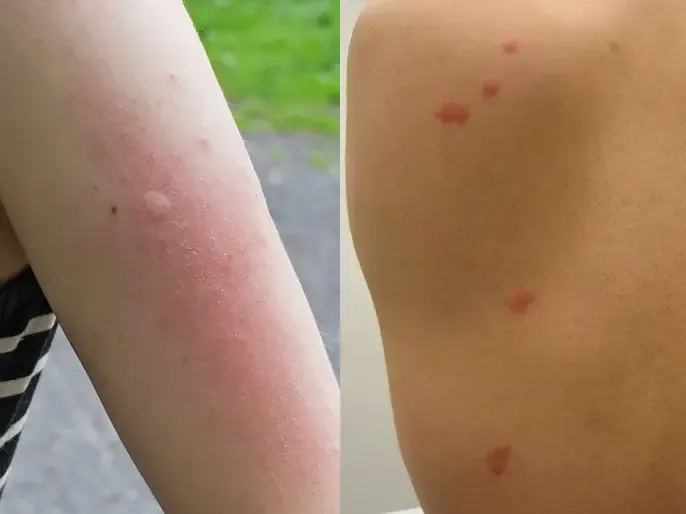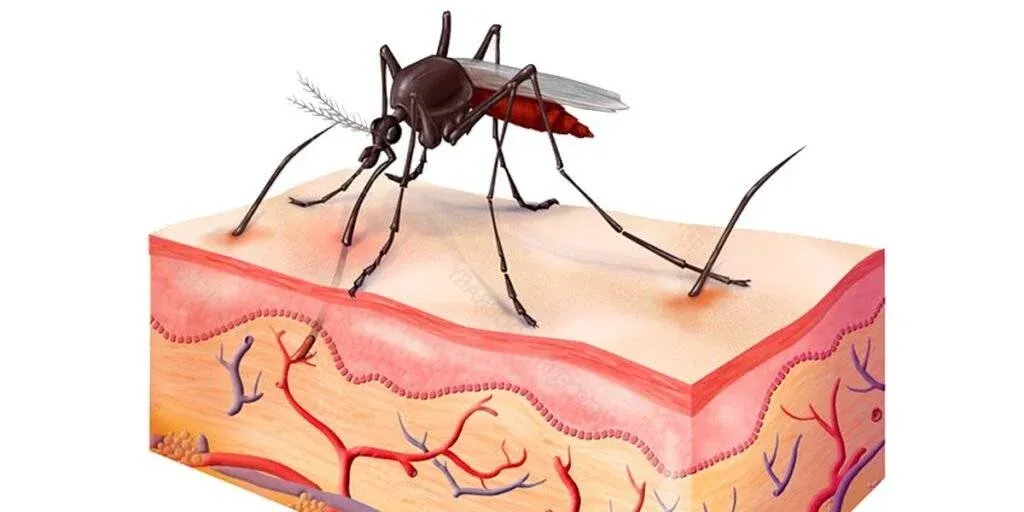Mosquito bites are one of those minor annoyances that almost everyone experiences, especially during warmer months. While the itchy red bumps are usually harmless, they can be uncomfortable and sometimes even lead to complications. Understanding the healing time for mosquito bites helps you manage symptoms effectively and know when a bite is taking longer than usual to fade.
In this guide, we will cover how long mosquito bites last, what influences their recovery, home remedies for relief, and when you should consider consulting a doctor.
What Happens When a Mosquito Bites You?
When a mosquito pierces the skin, it injects saliva that contains anticoagulants to prevent blood from clotting. This saliva triggers your body’s immune response, releasing histamines that cause swelling, redness, and itching. The severity of the reaction depends on how sensitive your immune system is.
For some people, a bite is nothing more than a small red dot that disappears in a day. For others, the swelling can be intense, lasting several days. This variation explains why the healing time for mosquito bites isn’t the same for everyone.
Average Healing Time for Mosquito Bites
So, how long do mosquito bites typically take to heal? Let’s break it down:
Mild reactions: Small red bumps usually heal within 2 to 3 days.
Moderate reactions: Swelling, itching, and redness may last 5 to 7 days.
Severe reactions: In rare cases, people develop large welts or blisters, and the bites can linger for 1 to 2 weeks.
Most people will notice that the itching subsides after a couple of days, even if some discoloration or marks remain slightly longer. The healing time for mosquito bites extends mainly when scratching causes the skin to break or become infected.
Factors That Influence Healing Time
Several factors play a role in how quickly your skin recovers:
Immune response – Some people are more sensitive to mosquito saliva, leading to stronger allergic reactions.
Age – Children often experience longer recovery times because their immune systems respond more aggressively.
Location of the bite – Bites on thin-skinned areas like ankles, wrists, or face may swell more and take longer to heal.
Scratching – Scratching increases irritation, introduces bacteria, and delays healing.
Underlying conditions – Individuals with allergies, eczema, or diabetes may notice prolonged recovery times.
Being aware of these factors helps you estimate the healing time for mosquito bites more accurately.
How to Speed Up Healing Time
While you can’t stop a mosquito from biting you once it happens, you can take steps to reduce irritation and help the skin heal faster. Here are proven ways to support recovery:
1. Apply a Cold Compress
Ice helps reduce swelling and numbs the itch. Place a cold pack or a clean cloth with ice cubes on the bite for 10 minutes at a time.
2. Use Anti-Itch Creams
Over-the-counter creams like hydrocortisone or calamine lotion can calm irritation and shorten the healing time for mosquito bites.
3. Take Antihistamines
Oral antihistamines like loratadine or cetirizine reduce allergic reactions and help control itching.
4. Natural Remedies
Aloe vera gel: Soothes and hydrates irritated skin.
Honey: Has antibacterial properties that prevent infection.
Baking soda paste: Neutralizes the itching sensation.
5. Keep the Bite Clean
Wash the area gently with soap and water. This lowers the chance of bacterial infection, which can prolong recovery.
6. Avoid Scratching
As tempting as it is, scratching increases irritation and delays healing. In children, trimming nails or using mittens at night can help prevent accidental scratching.
By combining these remedies, you can significantly reduce the discomfort and the overall healing time for mosquito bites.
Possible Complications of Mosquito Bites
Although most mosquito bites are harmless, complications can occur:
Secondary infections: Caused by bacteria entering through scratched skin. Signs include pus, increased redness, and pain.
Skeeter syndrome: A severe allergic reaction that leads to large swelling, fever, or blistering.
Disease transmission: In certain regions, mosquitoes can carry diseases such as malaria, dengue, or West Nile virus.
If you notice unusual symptoms, the healing time for mosquito bites may be prolonged, and medical treatment is necessary.
When to See a Doctor
Most bites heal without medical care, but you should seek professional advice if:
Swelling continues for more than two weeks.
The bite area becomes increasingly painful or warm.
You develop fever, rash, or difficulty breathing.
These signs suggest either a strong allergic reaction or an infection that requires treatment.
Preventing Mosquito Bites
Prevention is always better than cure. Reducing bites means you won’t have to worry about the healing time for mosquito bites at all. Here are practical prevention tips:
Wear long sleeves and pants in mosquito-prone areas.
Use insect repellents with DEET, picaridin, or oil of lemon eucalyptus.
Install window and door screens to keep mosquitoes out.
Avoid stagnant water around your home, which serves as breeding grounds.
Use mosquito nets when sleeping in high-risk regions.
By minimizing exposure, you reduce both discomfort and health risks.
Final Thoughts
The healing time for mosquito bites varies depending on your immune system, the severity of the reaction, and how well you care for the bite. On average, most bites resolve within a week, but severe cases can last longer. Fortunately, with proper care, you can shorten the recovery period and reduce discomfort.
Remember: avoid scratching, use soothing remedies, and keep bites clean. And if symptoms worsen or persist, don’t hesitate to consult a doctor.
By understanding the healing process and taking preventive measures, you can enjoy your summer without being sidelined by mosquito bites.

